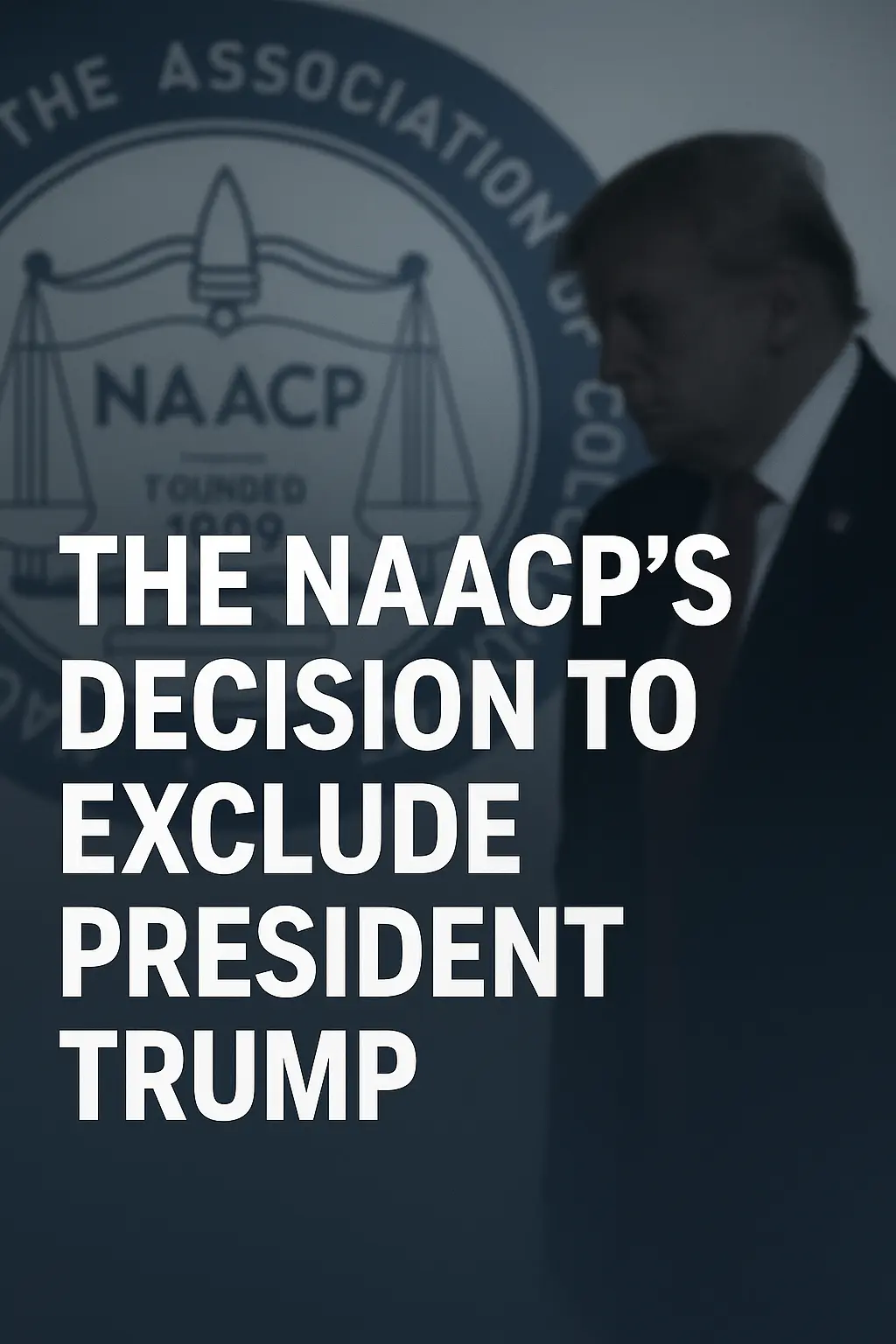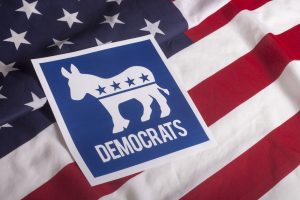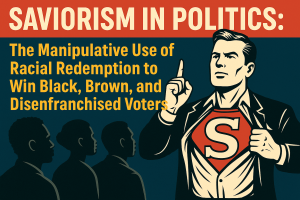By Anne Webster | Photo Copyright IQ INC.
The NAACP’s decision not to invite President Donald J. Trump to its 2025 annual national convention has reignited long-standing tensions between the organization and the Trump political brand. The absence of an invitation, while unsurprising to many observers, reflects deeper ideological and historical divides that have shaped Black political activism and Trump’s contentious relationship with African American communities.
Reasoning Behind the NAACP’s Decision
The NAACP, as the oldest and most influential civil rights organization in the United States, holds its conventions as sacred platforms for discussing racial justice, voting rights, education, and social equity. Traditionally, presidential candidates from both major parties are invited to address the body. However, the NAACP chose not to invite Trump this year, citing a “documented history of racially divisive rhetoric, policies, and behavior inconsistent with the values of racial justice and equality.”
Key incidents informing this decision include Trump’s equivocation following the 2017 Charlottesville white nationalist rally (“very fine people on both sides”), his frequent demonization of urban Black communities as “crime-infested,” and policy rollbacks on civil rights protections during his administration. Additionally, his stance on police brutality, including his condemnation of NFL players kneeling in protest and his inflammatory tweets following the George Floyd protests, cemented his image as adversarial to the Black justice movement.
Moreover, Trump’s ongoing efforts to suppress voter access—disproportionately affecting communities of color—through discrediting mail-in ballots and endorsing restrictive state-level election laws, further alienated civil rights organizations.
Consequences for the NAACP
The NAACP’s exclusion of Trump is not without potential costs. The decision may be used by Trump and his supporters to frame the organization as partisan rather than nonpartisan, opening the door for criticism that it serves primarily as a political arm of the Democratic Party. This could undermine its efforts to build cross-partisan coalitions on issues like criminal justice reform, economic equity, and voting rights.
Additionally, in the media ecosystem where Trump thrives on polarization, the NAACP’s stance may provide further ammunition for right-wing commentators to attack the organization’s credibility. This, however, may be a calculated risk, as the NAACP likely views moral clarity and alignment with civil rights principles as outweighing the value of performative neutrality.
Root Causes of Trump’s Hostility Toward Black Communities
Trump’s hostility toward Black Americans cannot be reduced to mere political posturing; it is deeply rooted in decades of discriminatory behavior and racial scapegoating. From his early days as a landlord sued by the Department of Justice for housing discrimination, to his full-page ad calling for the death penalty for the Central Park Five (later exonerated), Trump has long demonstrated a willingness to exploit racial animus for personal and political gain.
During his presidency, he rarely engaged with credible Black leaders or organizations outside a narrow circle of loyalists, opting instead to reinforce “law and order” narratives that play well with certain voter blocs but alienate communities historically subjected to state violence. His rejection of systemic racism as a concept, and repeated framing of Black Lives Matter as a “hate group,” indicate a worldview fundamentally at odds with the NAACP’s mission.
Conclusion
The NAACP’s decision not to invite Donald Trump sends a strong, values-driven message. While it may invite political pushback, the organization appears committed to prioritizing civil rights over political optics. This clash underscores the enduring struggle for racial justice—and the high stakes when leaders either champion or reject that cause.
Click Here to Schedule a Consultation with Figeroux & Associates Today!



